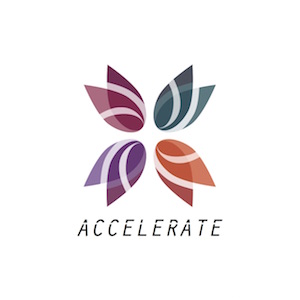Overview on the HERCULES Specialized Course 2021: The multi-technique approach of CERIC-ERIC as a tool for Nanoscience
Event overview:
Nearly 40 researchers from 14 different countries took part in the HERCULES Specialised Course 2021, organised by CERIC on 31 May – 09 June, in the framework of the H2020 projects ACCELERATE and CALIPSOplus, and the CEI cooperation fund.
The event brought participants with different career stages (51% PhDs, 22% researchers, 19% post-Docs, 05% with master degrees and 3% were professors) from institutes/universities in: Austria, Brazil, Bulgaria, Denmark, Hungary, Italy, Slovakia, Latvia, Moldova, Poland, Romania, Russia, Serbia and Ukraine, to broaden their scientific knowledge about large-scale Research Infrastructures.
35 speakers from CERIC Partner Facilities contributed in the 8 days long on-line training which introduced participants to the different techniques offered by CERIC, through theoretical lectures and practical exercises.
The poster session allowed participants to present and discuss their research projects, which was also a valuable opportunity for networking, and setting up potential future collaborations.
Participants highly appreciated the event, highlighting its usefulness for their research studies and their willingness to attend similar future events organised by CERIC. In particular, participants appreciated the wide variety of the techniques presented, and their use in different scientific fields.
The event’s sessions can be watched here. The event’s program is available here.
Scope of the event:
The HERCULES Specialized Course was organized with the aim of promoting international scientific cooperation and initiatives to support science diplomacy. Through the event, we aimed to raise awareness about the possibility of using different advanced techniques of analysis in research focused on different fields. By bringing together researchers from different countries, the event was an opportunity for constructive dialogue across national and cultural borders and differences, speaking the language of science as a universal tool.
In that regard, the event supported in: 1) creating bridges in scientific research and collaborations, and 2) reducing the barriers that prevent researchers from target countries to create a strong user community, which accesses and uses the facilities of European large-scale Research Infrastructures.
-
30.06.2025
CERIC Newsletter | June 2025
-
30.06.2025
The CERIC 2024 Report is online







